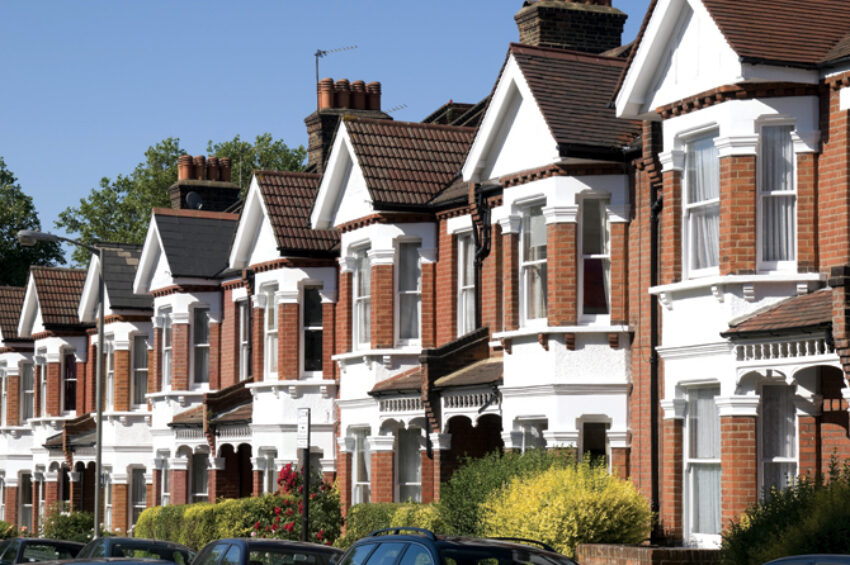AG INSIGHT | 20/06/2021
Planning should be at the heart of reaching net zero

Last week over 100 businesses wrote to the Prime Minister, the Chancellor of the Duchy of Lancaster, and the Secretaries of State for Housing and Environment respectively, to call for a strategic planning approach to the net zero transition that ensures that all development is climate resilient and contributes to supporting and restoring nature.
The letter, coordinated by the Aldersgate Group and the UK Green Building Council, urged the Government to align the forthcoming Planning Bill with the UK’s net zero target and future environmental targets under the Environment Bill. Incorporating climate and environmental objectives will be important in meeting Government’s new homes target, whilst also achieving its environmental goals and delivering the infrastructure that is needed for the transition to a decarbonised, climate-resilient economy.
Planning is vital to constructing the neighbourhoods and communities that we want. The Planning Bill presents a significant opportunity to not only tackle one of the most significant social challenges facing the country – the housing crisis – but also to ensure that our planning framework actively supports a decarbonised and climate resilient economy.
By putting in place the right mechanisms in the Bill, it is possible to establish a solid foundation upon which further climate and nature action can depend. As a coalition, we believe that embedding objectives for energy and water efficiency, zero-carbon energy, and climate resilience upfront makes good economic sense and futureproofs our communities. Cost savings can be gained by ensuring both buildings and places are designed to be energy efficient, zero-carbon ready and climate resilient from the start. Similarly, it will be important that there are new designations in the Bill which provide formal weight for nature recovery, as well as further protection for areas of significant ecological value.
Clarifying these aspects should bring together a range of measures, such as biodiversity net gain in the Environment Bill, and ensure that the homes we build now are fit for the requirements of the future. In setting forth a strategic approach to planning, it will also unlock private sector investment create jobs, generate vital low carbon skills, and build homes that are fit for the future.
Having so many businesses come together demonstrates the significant potential that lies ahead of us. It is possible to build the homes UK needs, incorporate our climate and environmental objectives, and generate economic growth. The first step is to ensure that the Planning Bill provides the framework in which we start that transformation, so that we can build back greener and reverse nature’s decline.



